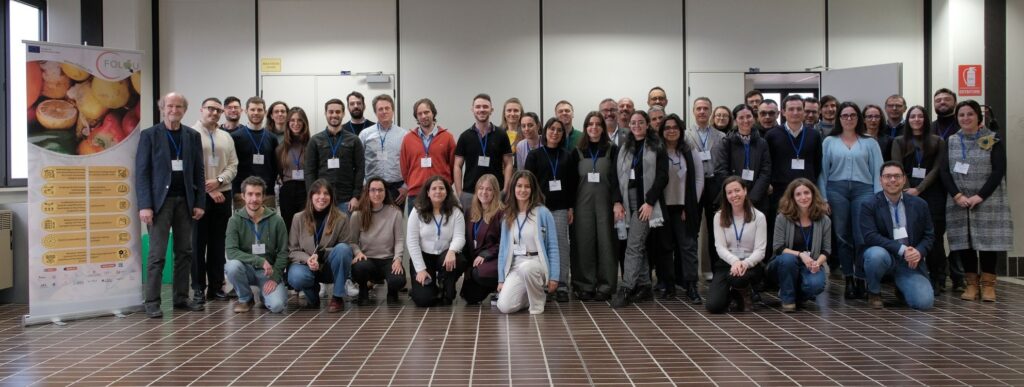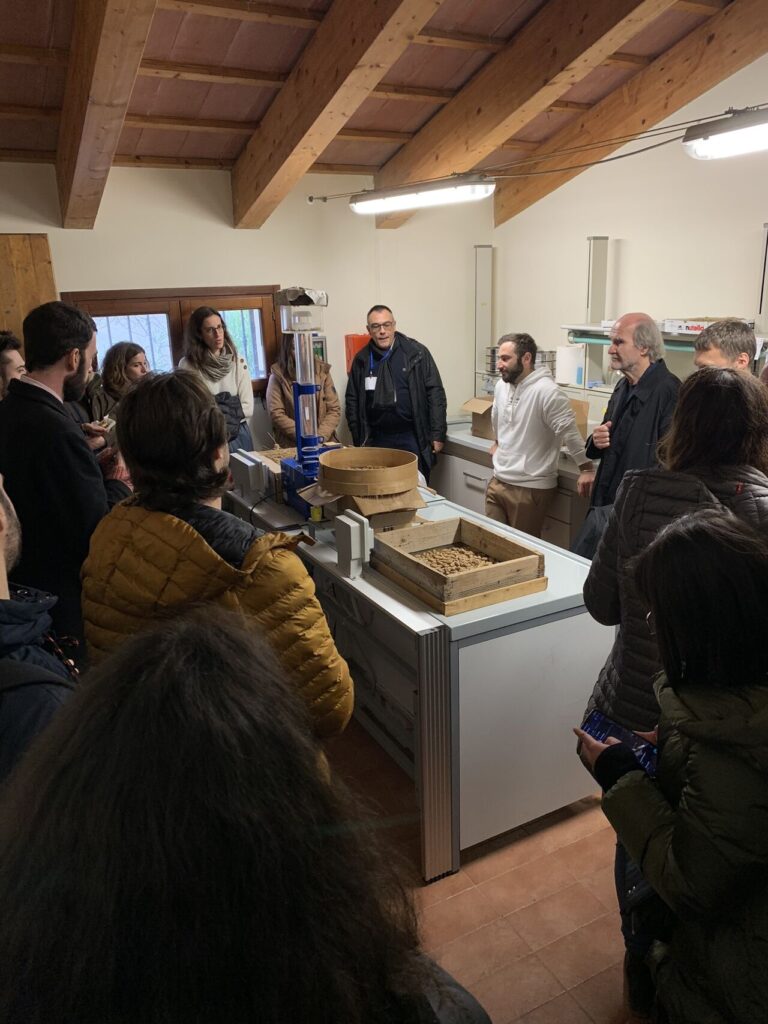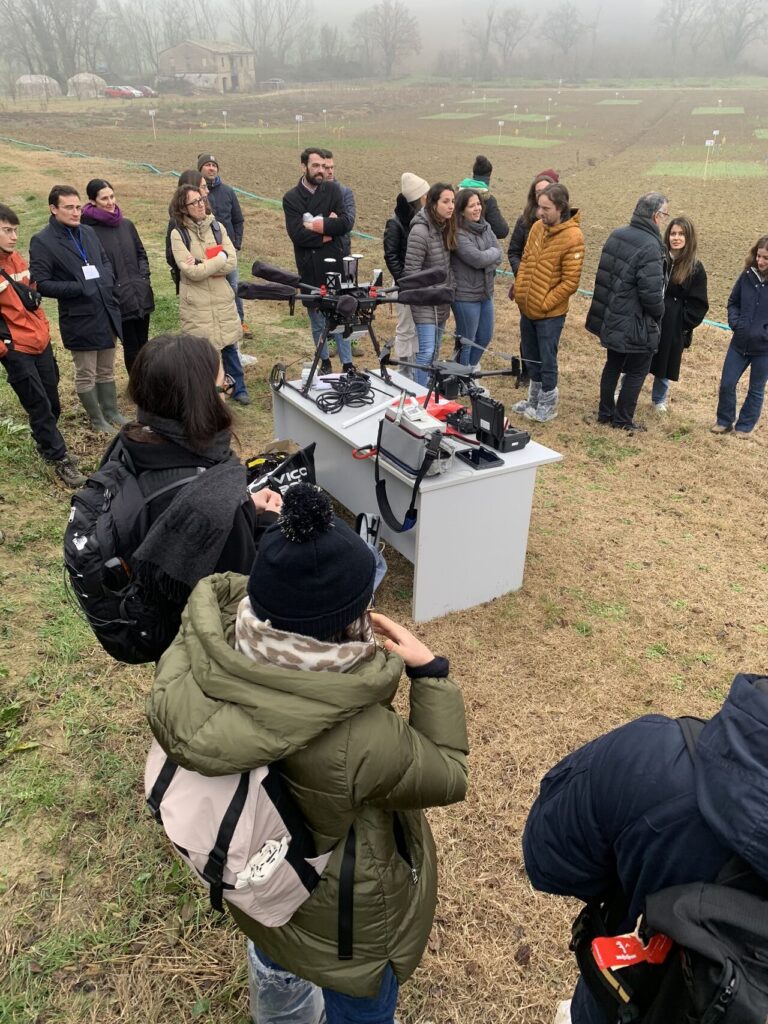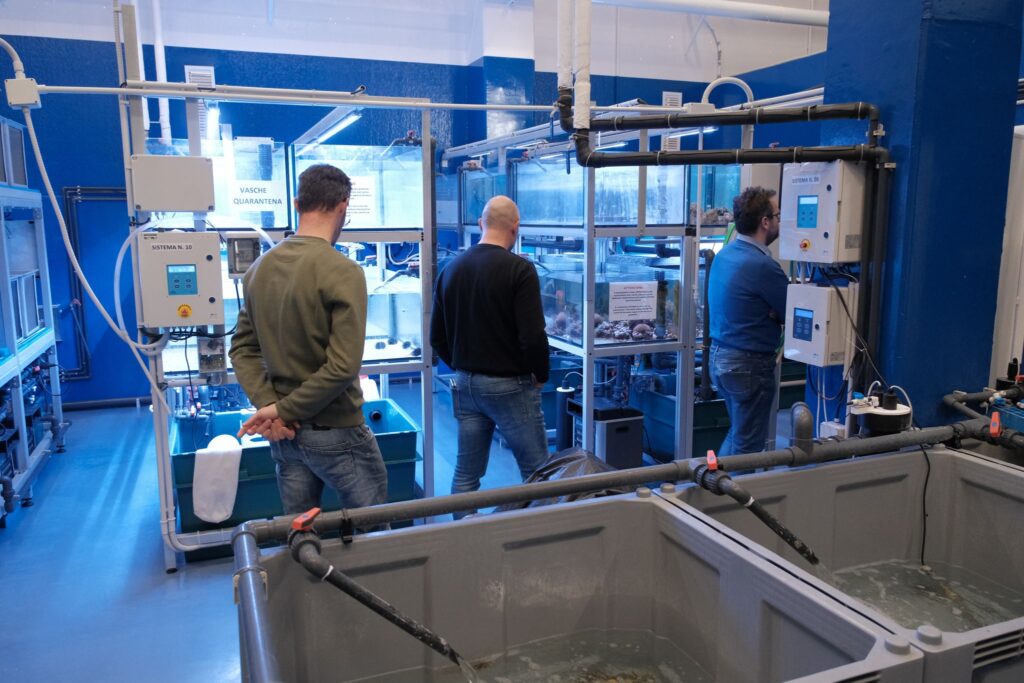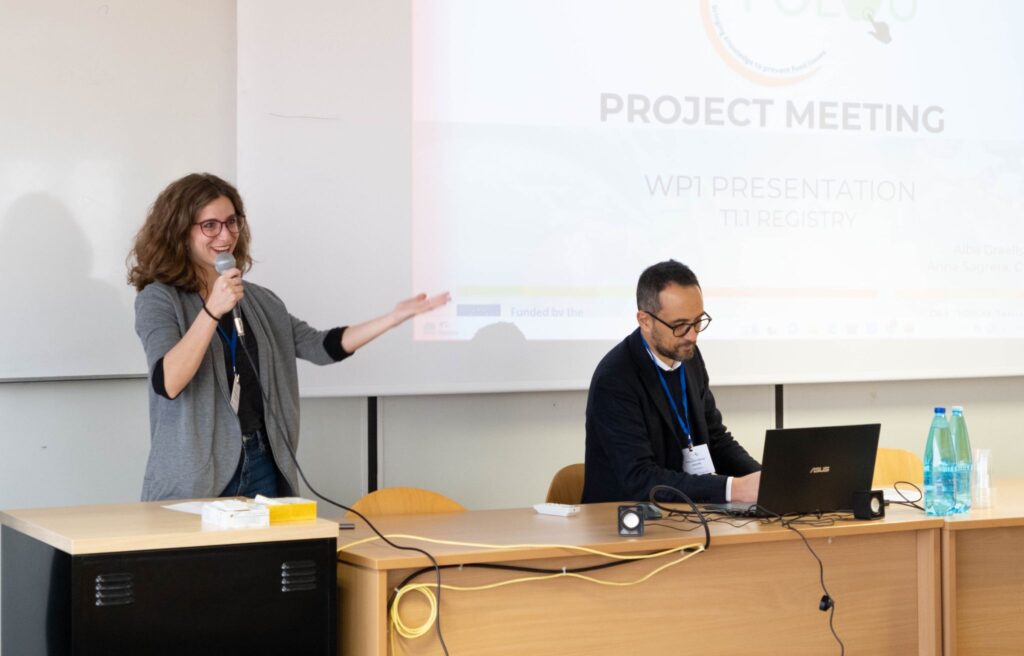 Last week, the dynamic collaboration of the 16 FOLOU project partners, peaked with a 2-day general meeting (25-26 January 2024) hosted at the Università Politecnica delle Marche (UNIVPM) in Ancona, Italy and MIO-ECSDE was there. The gathering served as a platform for intensive discussions, insightful presentations, and immersive experiences aimed at advancing the project’s activities to assess the magnitude and impact of Food Loss, i.e. the loss that occurs before food reaches the consumer.
Last week, the dynamic collaboration of the 16 FOLOU project partners, peaked with a 2-day general meeting (25-26 January 2024) hosted at the Università Politecnica delle Marche (UNIVPM) in Ancona, Italy and MIO-ECSDE was there. The gathering served as a platform for intensive discussions, insightful presentations, and immersive experiences aimed at advancing the project’s activities to assess the magnitude and impact of Food Loss, i.e. the loss that occurs before food reaches the consumer.
The inaugural day buzzed with energy as project partners delivered presentations providing comprehensive updates on their ongoing activities thus fostering a deeper understanding among the consortium. The exchange of ideas and information set a strong foundation for collaborative efforts moving forward.
In one only year since its launch, EU-funded project FOLOU has already achieved a lot. The project has cultivated important knowledge on better defining food loss, it’s reporting in a harmonized way (through national and EU Food Loss registries), how to measure the environmental impact of this loss for the primary production sector, what its main drivers are and what the gaps are in EU and national policies that aim to reduce or prevent it.
The second day unfolded with field trips designed to offer partners first-hand experiences on the FOLOU methodology for measuring food loss. A visit to the Pasquale Rosati Farm, provided an immersive exploration of the agricultural experiment site, with demonstrations of drone technology for measuring food loss that occurs in cereal crops. The journey continued to Selva di Gallignano, an ecological agricultural site, where partners delved into discussions on the local agriculture and its significance. The afternoon session featured lab visits to the Marine Biology Labs, the discussions of which revolved around estimating food loss in fisheries, one of the commodity groups that the project is investigating.
As the FOLOU project continues to progress, fueled by the collective dedication and collaboration of its partners, it aims to make a lasting impact in understanding and addressing the challenges associated with food loss, paving the way for informed decision-making and impactful interventions across the food supply chain.
Read in French here
